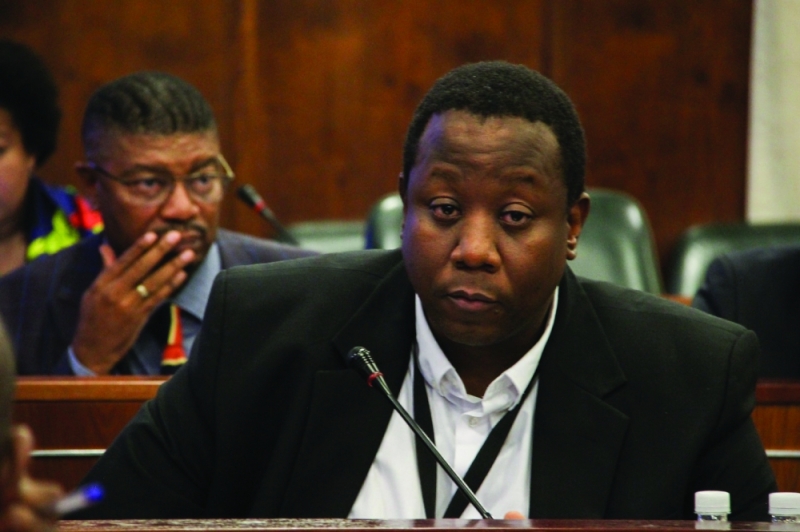Filmmakers call for Film Commission
Nnasaretha Kgamanyane | Sunday November 26, 2023 06:00


The five-day long Botswana Film Festival hosted by the Ministry of Youth, Gender, Sports and Culture in Gaborone, has brought together different creatives from African countries such as Zimbabwe, Zambia, Nigeria, South Africa, Namibia and others.
The countries came to benchmark on how to elevate their film industries. Even though 350 countries worldwide have Film Commissions, Botswana is yet to establish one. The Chief Executive of Kwa-Zulu Natal Film Commission, Victor Senna said it was important to have a structure that is dedicated to providing support to the filmmakers in the country.
He also said he was encouraged to learn that Botswana is considering to establish a film commission. He explained that in South African they have four Film Commissions; one at national level, which is based in Kwa-Zulu Natal (KZN) and three others in Gauteng and West Prom (in the Western Cape) Provinces. He said other provinces were also considering opening their own film commissions. He added that the structure has two important mandates, which includes the economic one, which is responsible for the film revival in the community. Senna also pointed out that to achieve that, they go out and attract international production companies to shoot in their provinces to create jobs, support entrepreneurship and therefore contributing to the country’s economy.
He also said the commission assists filmmakers in terms of their story telling. Senna added that they do that through funding where they offer different funds for various categories. He elaborated that this assistance also covers marketing and distributing their films. “We help film makers to participate in local film festivals in the country. We fund eight of them in the province. We also take film makers from KZN to showcase their products overseas. We attend a lot of international film festivals because we believe that is where our film makers can be able to sell their products. In terms of marketing and distribution, we negotiate contracts with broadcasters in SA like Etv, SABCs and MultiChoice so that filmmakers’ content can be shown in these platforms,' Senna said.
“We also target the streaming platforms like Netflix and others. We have contracts with them so that they (film makers) can take their content there. The other important role that the film commission plays is that we have a very dedicated unit that deals with issues of skills development. We provide bursaries. We target students to go and study film and television,” he emphasised. Furthermore, Senna added that they had film graduates placed in different productions that are shooting in their province so that they could also gain insights skills.
Meanwhile, Sonny Mokgwathi from the Ministry of Environment and Tourism explained that tourism is greatly attached to film making. He pointed out that there was no filming that happened in a vacuum saying tourism happens in an environment. He added that they had film-induced tourism where they promoted tourism through filming. He added that most of the tourists that come to Botswana is because they would have seen the places they want to visit through film. “Unfortunately at this moment we do not have a film commission in Botswana.
Without a film commission, the proposed strategies are not going to bear fruits because we believe that the film commission has to support such strategies especially marketing, regulating and regulating the movement of tourists. The film commission is to beef authority to all institutions that are involved in film making. It is important that we come up with this institution so that it can give support to some strategies,” he said.
